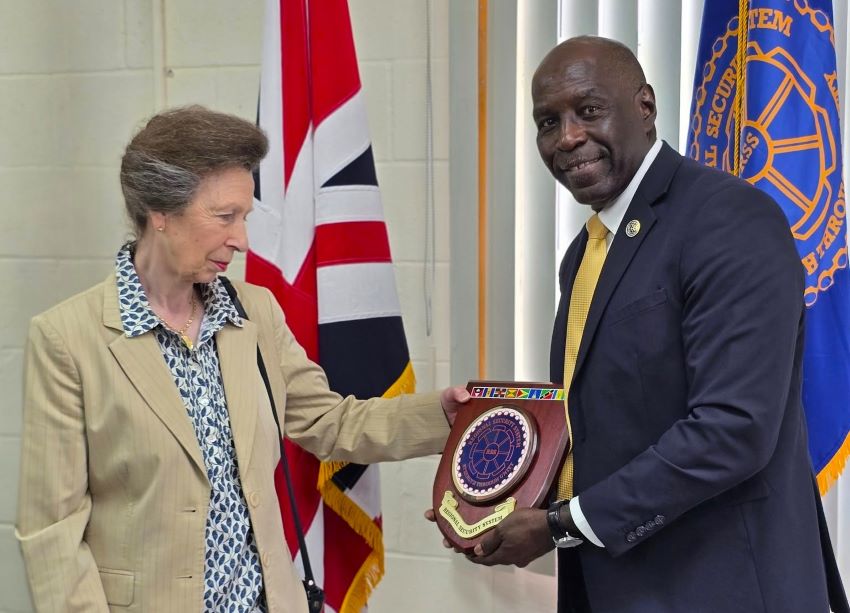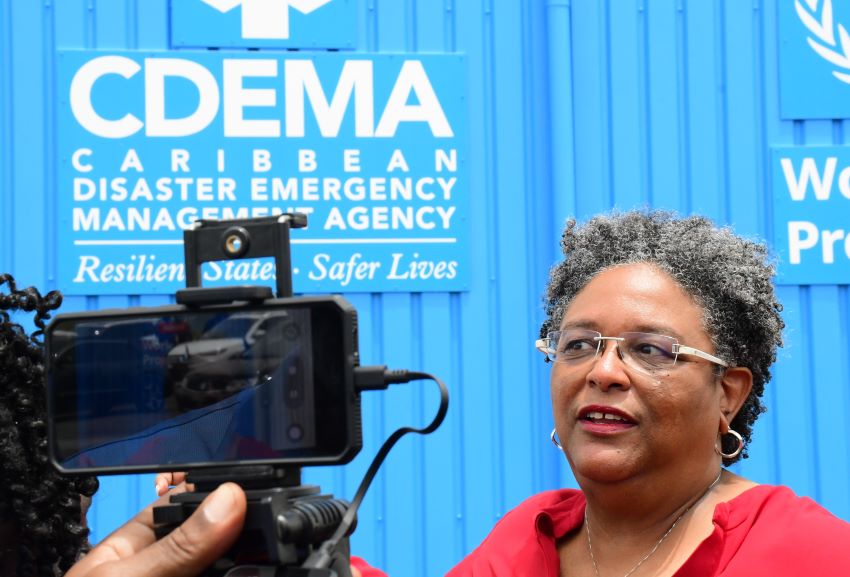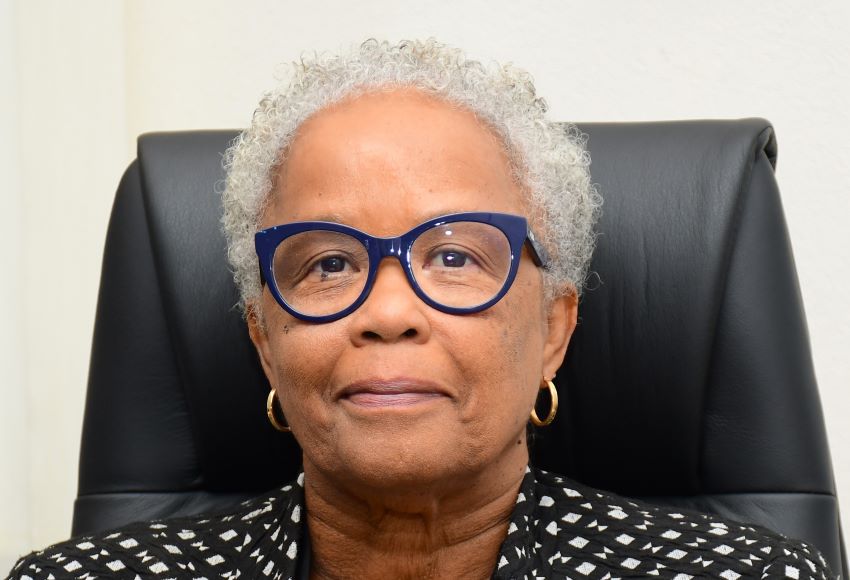The establishment of the Caribbean Regional Logistics Hub and Centre of Excellence is a critical step in stabilising Caribbean civilisation.
Speaking at the official inauguration of the Caribbean Regional Logistics Hub and Centre of Excellence, Prime Minister Mia Amor Mottley, acknowledged the collaborative effort of the Caribbean Disaster Emergency Management Agency (CDEMA), the European Union, the governments of Canada and the United States of America, along with the World Food Programme, to turn the discussion of the Caribbean Regional Logistics Hub and Centre of Excellence, from an idea into a reality.
“What we are doing here today is truly, truly about being able to save lives and to be able to stabilise this Caribbean civilisation. We thank the World Food Programme for servicing us out of Panama, and while we thank you for servicing us from there, we understand that if you have a hub within the region, the time to location, the time to be able to save lives, is much, much quicker, and to that extent, therefore, the combined efforts of Panama, working with Barbados, will hopefully be a major game changer for those who have become the victims predominantly, but not exclusively, of a climate crisis…,” she stated.
Prime Minister Mottley explained that the global situation of geopolitics has led to disruptions at a time when the Caribbean region hasn’t had time to plan for it.
She added: “We have been a resilient people, and we will continue to be a resilient people…I have said to not only my people here in Barbados, but across the region, to our governments, that we are going to have to take responsibility for more of what is necessary to save and protect our people.”
The Prime Minister suggested that one of the reasons why Barbados has been chosen to be the home of the Caribbean Logistics Hub and Centre of Excellence, was as a result of its geographical location.
“We did the opening a few years ago… and this is also about positioning Barbados, leveraging our geography… I said then [that] geography matters, and because Barbados is the most easterly, a judgment was made that, given the fact that we are less likely to be hit than most, this is probably the safest place.
“If you have to wait on stuff to come from Panama, that’s 1200 miles away. If you have to bring stuff from Miami, [that is] 1500 miles away…So having Barbados located, along with the fact that CDEMA has established itself here as its headquarters and the Caribbean Institute of Meteorology and Hydrology is there in Husbands in St James. It is just a perfect conclusion to what would otherwise be systems in there.”
She said that the region must now ensure that establishing such organisations was not just about high level academics and policy, but making sure that food could get to people.
“A warehouse on its own will not do that, and therefore the connectivity, the digital connectivity, is utterly critical as well. And then, of course, why is it at the airport? Because you’re not only servicing Barbados, so goods are coming in and going back out.”
The Prime Minister emphasised the necessity for us to ‘help ourselves’ as a country, and referenced the ‘Resilience and Regeneration fund which was established in March of this year, where every person and entity, led by the government of Barbados, will contribute 3.5 per cent of GDP annually to ensure that the fund is bolstered to be able to meet the needs of Barbadians and combined with the savings from the ‘Climate Disaster Resilience’ clauses, will provide the opportunity to mitigate against the worst impacts of a system hitting our country.
Prime Minister Mottley was of the view that a similar approach could be maintained across the region, bolstering the ability to work in tandem with what was happening in Barbados with initiatives such as the Regional Logistics Hub.
Highlighting the contribution of the Church of Jesus Christ for Latter Day Saints to the Hub, she stated: “We do not take for granted your commitment and your contribution, and we use this opportunity to urge others to recognise that this region must first and foremost, stabilise life. It is essential. And if that is the case, then those activities and those donations that are necessary first to stabilise life must come before things that are not necessary, but that are highly desirable or optional last…”
The Prime Minister reminded the stakeholders, diplomats and members from visiting delegations about the importance of having the heads of government across the region seeking to first deliver more from their countries, and to bridge the gap internationally not just with money, but with technology and support systems that will give the region the benefit of early warning systems to Caribbean people, so that loss of life can be minimised.
“Luckily, in this region, you have not seen the scale of loss of life as you might otherwise have seen if we did not have the communication tools to tell people how to protect themselves. I fear that if the Hurricane Hunter and others are no longer going out early enough to give us the precise data that we need, that it is lives that will now be at risk as a result of that decision.” (PR/GIS)


 Government4 weeks ago
Government4 weeks ago
 Local4 days ago
Local4 days ago
 Sports4 weeks ago
Sports4 weeks ago
 International3 weeks ago
International3 weeks ago
 Tourism2 weeks ago
Tourism2 weeks ago
 Business3 weeks ago
Business3 weeks ago
 Government1 week ago
Government1 week ago
 Sports5 days ago
Sports5 days ago























